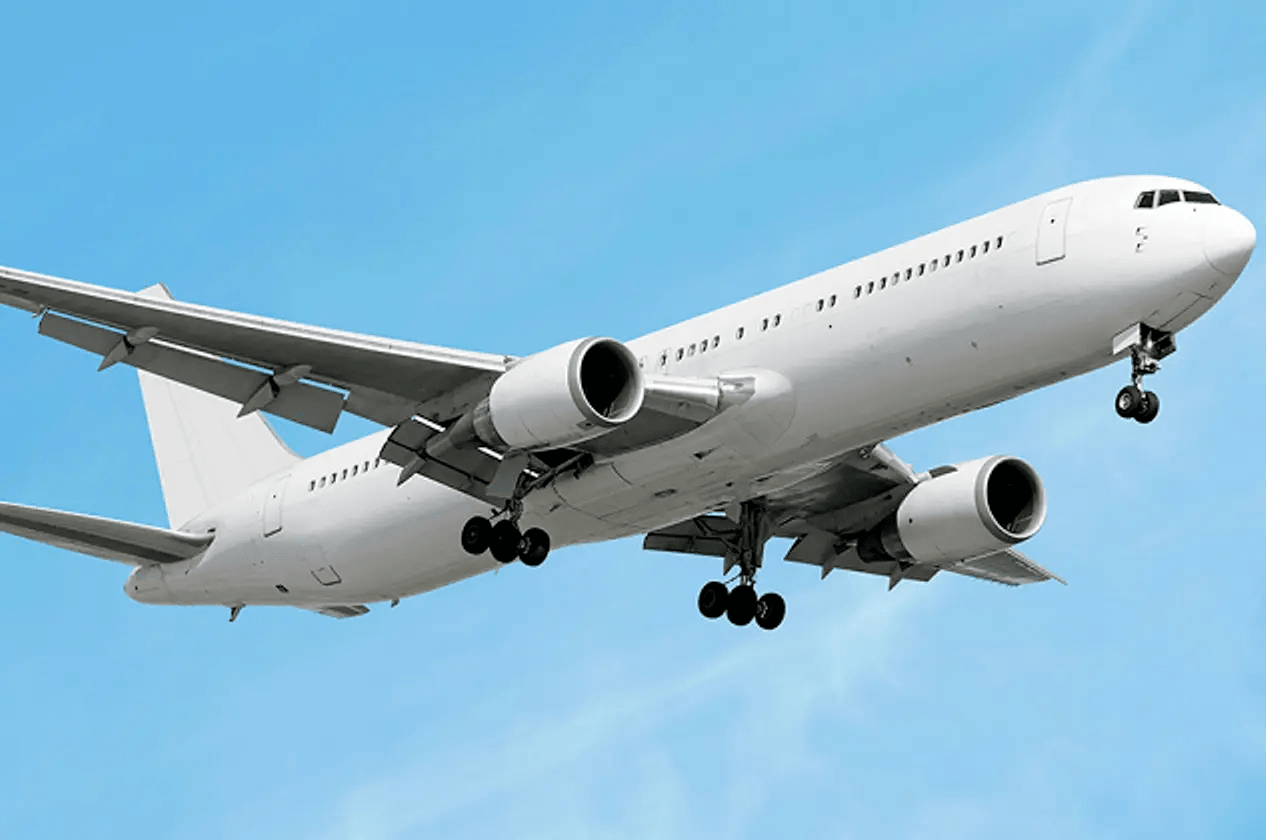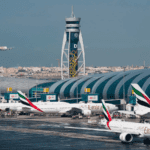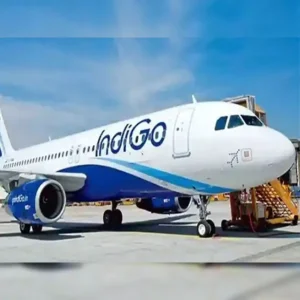Nigeria’s Minister of Information and Culture, Lai Mohammed, has said that his Government is working on resolving the issue of funds belonging to international airlines that are trapped in the country.
The remarks came at the start of this week while touring the new terminal of Murtala Muhammad International Airport in Lagos. This infrastructural project, funded thanks to a bilateral agreement with China, will greatly expand the capacity of the airport.
The minister said:
“On the trapped funds, I can tell you that the relevant authorities are working hard on that issue.”
However, no further information was provided. It remains unclear what the Government is going to do to resolve an issue that it itself created.
How much money is trapped?
Nigeria has blocked airlines from repatriating over $460 million, leaving carriers unable to actually gain the revenue they made from ticket sales in the country.
Nigeria is not the only one: Zimbabwe is holding onto $100 million, Algeria $96 million, Eritrea $79 million, and Ethiopia is holding back about $75 million. However, Nigeria leads the way by far, thanks to its market size.
Airlines have responded by raising prices. Nigerians now pay three times more than travelers from other countries for the same destinations. IATA’s regional vice president for Africa, Kamil Alawadhi, told the IATA 2022 conference that resolving the issue of blocked funds was now a key priority for the industry body. He said:
“Airlines cannot be expected to fly if they cannot realize the revenue from ticket sales. Loss of air connectivity harms the local economy, hurts investor confidence, and impacts jobs and people’s livelihoods. It’s time for the Government of Nigeria to prioritize the release of airline funds before more damage is done.”
Emirates was the first to pull out
As a result of this issue, Emirates is suspending all flights to Nigeria on 1st September to limit future losses. The decision was accompanied by a statement that indicated Emirates was ready to return as soon as the issue was resolved:
“Should there be any positive developments in the coming days regarding Emirates’ blocked funds in Nigeria, we will, of course, reevaluate our decision.”
Other airlines are, no doubt, considering doing the same actions. Any more route suspensions would deal a fairly large blow to the country’s connectivity, which is already greatly diminished now that Emirates will stop flying there.
The Secretary General of the Aviation Safety Round Table Initiative (ASRTI), an NGO, John Ojikutu, said:
“We are going to be the loser if the foreign airlines withdraw their services because about 70% to 80% of our earnings in commercial aviation are from foreign airlines. Nigerians will go to Accra, Cotonou, and Lome to connect to the flights of these foreign airlines, making them hubs over Nigeria.”
IATA’s Alawadhi is optimistic about finding a solution to this problem, and he has met with the Nigerian Vice President over the matter. However, despite the optimism, it remains unclear when the problem will be resolved.
Source: Simple Flying






